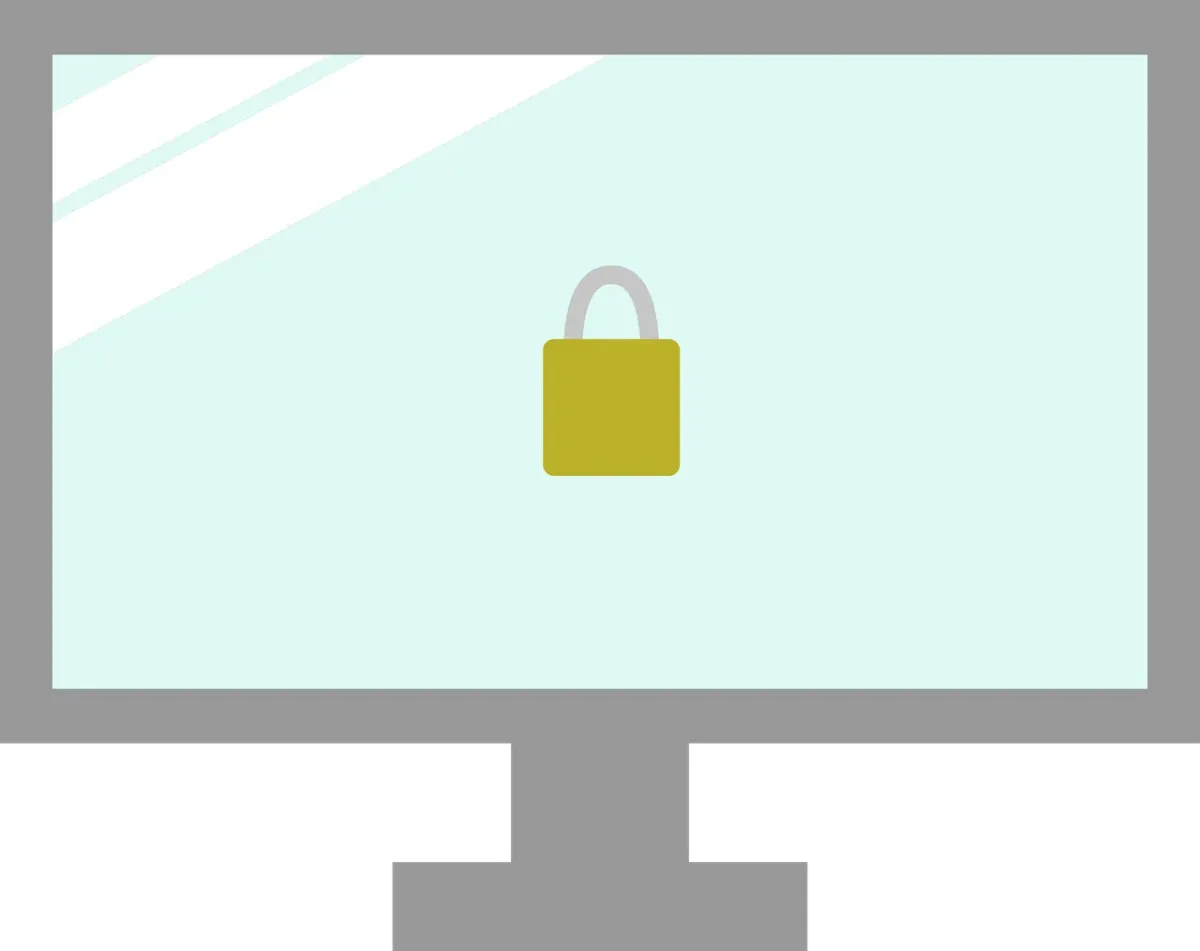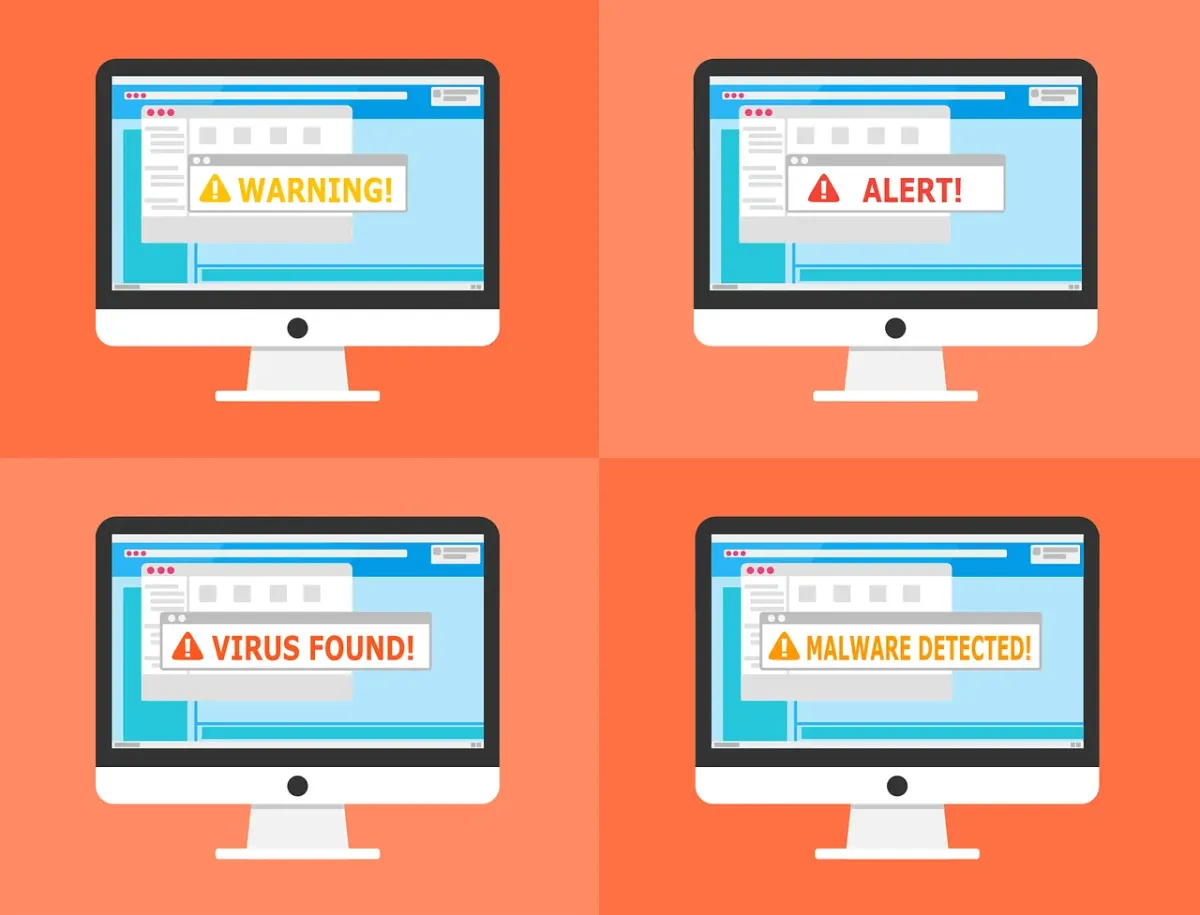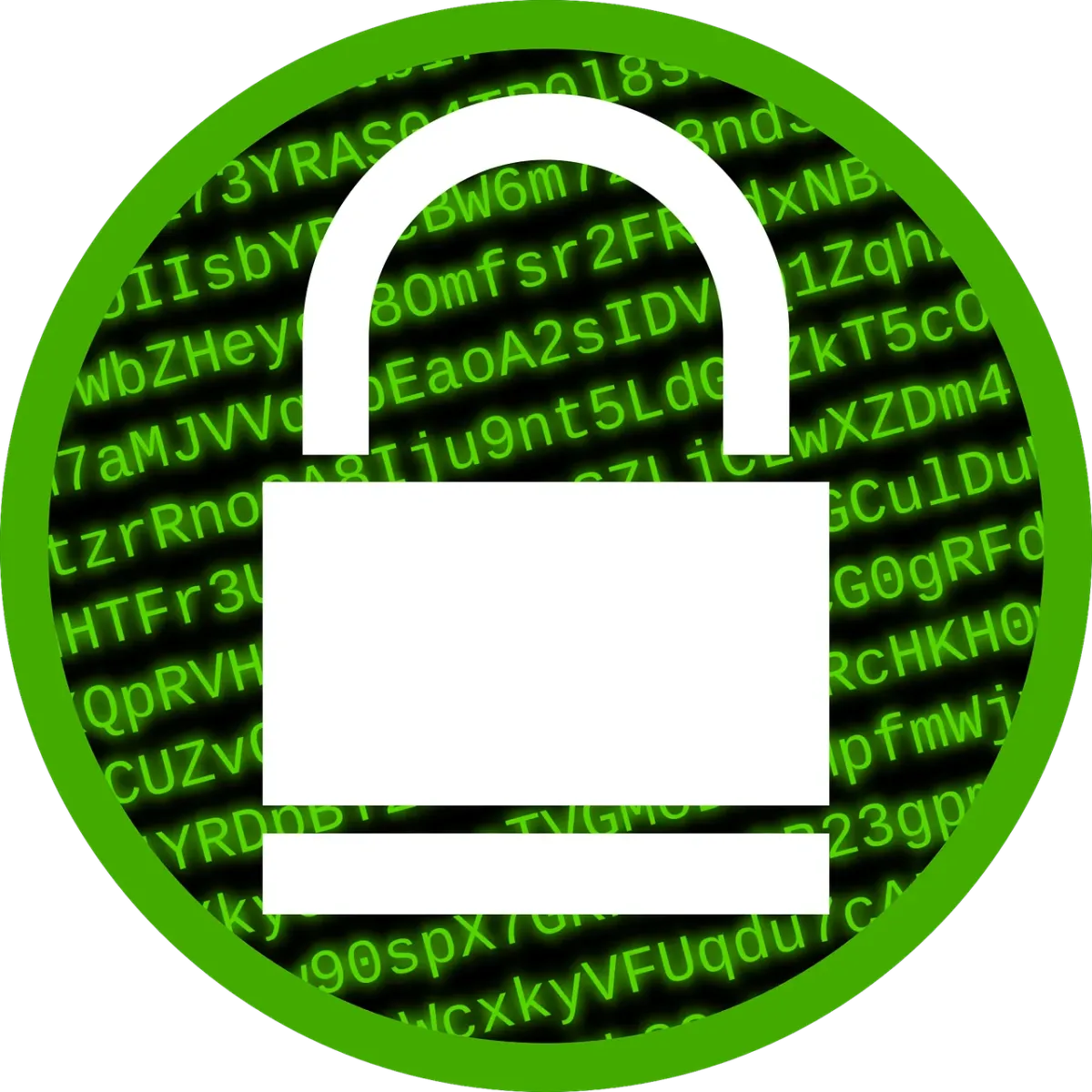
Crossover IT
Newsletter
Crossover IT Newsletter delivers the latest tech trends, insights, and practical tips, helping IT pros and enthusiasts stay ahead and sharpen their skills in a rapidly evolving digital world.

Recent Blog Posts

Event Logging Best Practices
Today’s businesses are no stranger to the word cybersecurity. They are facing a growing wave of cyberattacks. These come from ransomware to sophisticated phishing schemes. How do you stand ahead of these threats? A strong cybersecurity strategy is essential. One crucial component of this strategy is event logging. It’s one that not every business owner is aware of.
Google Search Malvertising
There are many types of malware. One of the most common is called “malvertising.” It crops up everywhere. Including social media sites and websites. You can also see these malicious ads on Google searches.
Two things are making malvertising even more dangerous. One is that hackers use AI to make it very believable. The other is that it’s on the rise, according to Malwarebytes. In the fall of 2023,
malvertising increased by 42% (month over month)
.


Embrace Cashless Evolution
Discover the essential tech tools that can help micro and small businesses streamline operations, improve customer engagement, and scale sustainably. From cloud solutions to CRM platforms, this guide breaks down affordable and scalable options for every MSB.
Data Breach Notice
When it happens, you feel powerless. You get an email or letter from a business saying someone breached your data. It happens all too often today.
Data breaches happen at banks, online sites like Facebook, and ecommerce stores. Not only that, but governments are also victims. This leaves things like your address, SSN, and credit card details exposed to thieves.
A business getting hacked is something you have little control over. But you can take important steps afterwards. We’ve outlined the most important things to do below. These steps can help you mitigate the financial losses.

Read more from our Blogs

Can My Data Be Removed from the Dark Web
Can My Data Be Removed from the Dark Web
Personal data breaches have become all too common. From email addresses and passwords to banking details, sensitive information can easily end up for sale on the dark web—a hidden part of the internet used for both privacy and criminal activity. For small to medium businesses (SMBs) in Newcastle, having a strong data protection plan isn’t optional—it’s critical.
As a managed service provider (MSP) for SMBs in Newcastle, Australia, we often get asked: “Can my data be removed from the dark web?” The short answer: not easily. But while permanent removal is unlikely, there are proactive steps you can take to secure your digital identity and prevent future exposure.
What Is the Dark Web?
The dark web refers to a hidden layer of the internet that requires special software—like the Tor browser—to access. Unlike the surface web (what you browse on Google), the dark web isn’t indexed by traditional search engines. This makes it ideal for anonymous communication—but also a haven for illegal activities like data trading, hacking, and identity theft.
Data that ends up on the dark web is often collected through data breaches, phishing scams, or malware. Once exposed, it can be copied, resold, and spread across multiple platforms—making full removal nearly impossible.
Can Data Be Removed from the Dark Web?
Removing data from the dark web is extremely difficult. Unlike regular websites, dark web forums and marketplaces don't follow takedown requests or legal procedures. Once your data is posted, it's typically duplicated and redistributed, placing it well beyond your control.
That said, while you may not be able to erase data that's already leaked, you can limit further damage and take steps to secure your identity moving forward.
Why Is It So Hard to Delete Data?
There are two main reasons:
1. Decentralization
The dark web isn’t run by any central authority. Instead, it’s a network of anonymous, often untraceable sites. Once data enters this space, it can be copied endlessly.
2. Anonymity of Bad Actors
Most dark web site operators and users hide behind encryption and fake identities. Even if you locate your data, there's often no one to contact—or reason to believe they'd comply with a request to delete it.
How Can I Protect My Identity Going Forward?
You can’t always control how your data is exposed, but you can take control of your response. Here's how:
1. Use Identity Monitoring Tools
Services like dark web scanning tools and credit monitoring platforms can alert you if your information appears online. Some even provide breach notifications so you can act quickly.
2. Strengthen Your Password Hygiene
Always use strong, unique passwords for each account. Consider a password manager to keep everything organized securely.
3. Enable Two-Factor Authentication (2FA)
Add an extra layer of security by requiring a second verification step when logging into sensitive accounts.
4. Opt Out of Data Broker Sites
Many data brokers collect and sell your personal info legally. Use opt-out services or tools like Optery or Privacy Bee to remove your data from these platforms.
5. Stay Updated on Cybersecurity Best Practices
Keep your software up to date, avoid public Wi-Fi for sensitive tasks, and be cautious with unsolicited emails or downloads.
What Should I Do If My Data Has Already Been Leaked?
If your personal or business data has shown up on the dark web, take immediate action.
Step 1: Change Your Passwords
Start with any accounts linked to the leaked information. Use complex, unique passwords for each one.
Step 2: Enable 2FA Across All Key Accounts
This includes email, banking, and cloud storage platforms.
Step 3: Monitor Your Financial and Online Accounts
Look for unauthorized activity. Set up alerts with your bank, credit card provider, and identity protection services.
Step 4: Consider Professional Cybersecurity Support
Especially for SMBs, working with a managed service provider can provide ongoing protection, real-time monitoring, and guidance on handling future threats.
Safeguard Your Business and Personal Data
While full removal of your data from the dark web is unlikely, you’re not powerless. With the right tools and strategies, you can reduce your risk, limit exposure, and respond effectively to threats.
If you’re an SMB based in Newcastle and want to take control of your digital security, Crossover IT is here to help. As a trusted MSP for SMBs in Newcastle, we provide tailored cybersecurity services, from dark web monitoring to complete IT support solutions.
Ready to protect your business from data threats?
Contact Crossover IT for expert support and peace of mind in today’s digital world.

Innovation
Fresh, creative solutions.

Integrity
Honesty and transparency.

Excellence
Top-notch services.

FOLLOW US
COMPANY
CUSTOMER CARE
LEGAL
Copyright © 2024. CROSSOVERIT. All Rights Reserved. Newcastle, Australia.